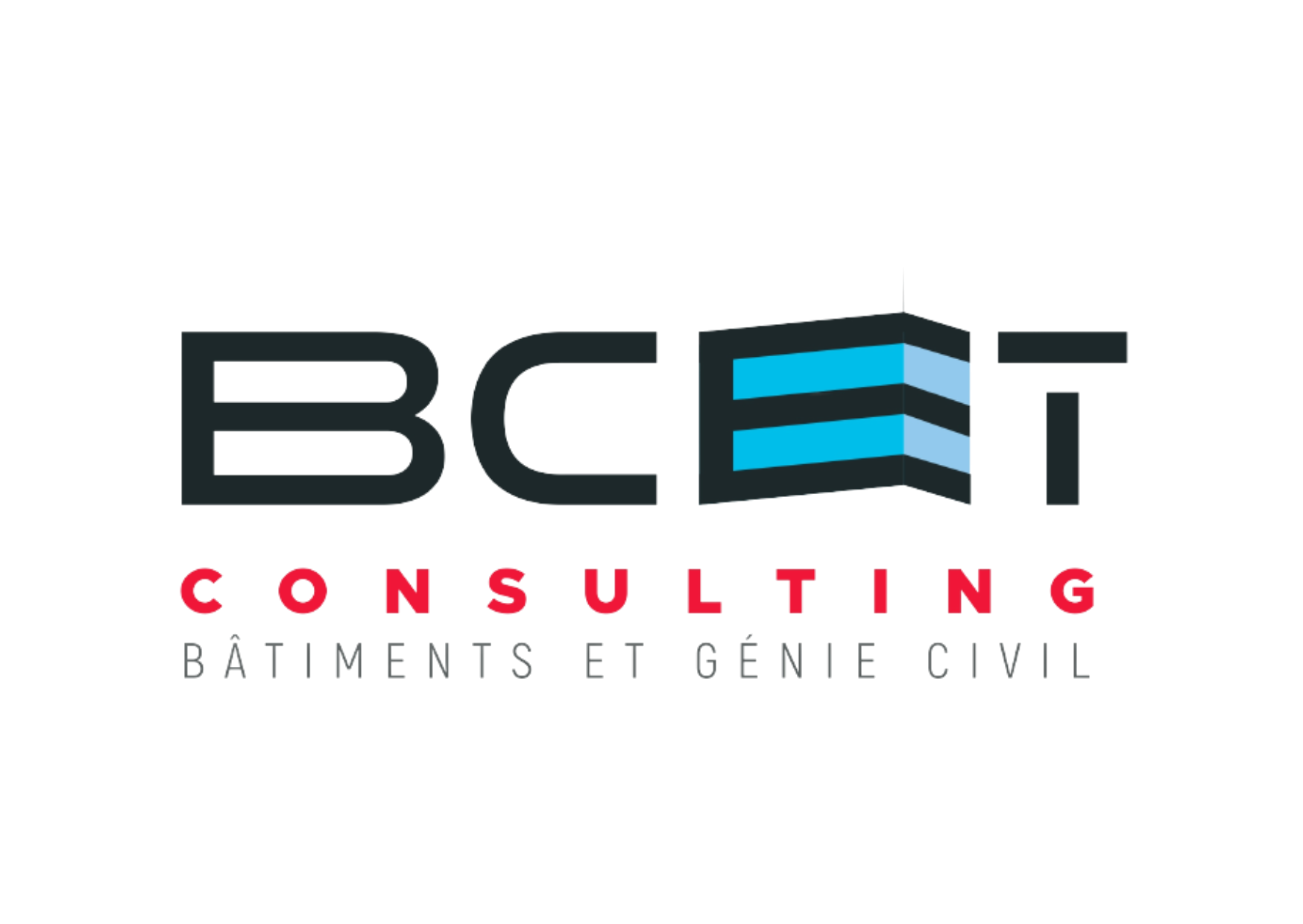The Advancement of Google Search: From Keywords to AI-Powered Answers
Originating in its 1998 arrival, Google Search has progressed from a modest keyword locator into a agile, AI-driven answer machine. At first, Google’s leap forward was PageRank, which organized pages based on the excellence and number of inbound links. This moved the web from keyword stuffing approaching content that attained trust and citations.
As the internet ballooned and mobile devices increased, search activity changed. Google established universal search to amalgamate results (headlines, imagery, content) and following that prioritized mobile-first indexing to express how people practically look through. Voice queries using Google Now and next Google Assistant pushed the system to make sense of vernacular, context-rich questions rather than laconic keyword phrases.
The further step was machine learning. With RankBrain, Google initiated analyzing formerly unknown queries and user objective. BERT progressed this by perceiving the depth of natural language—structural words, context, and associations between words—so results more precisely corresponded to what people meant, not just what they recorded. MUM grew understanding throughout languages and forms, permitting the engine to relate interconnected ideas and media types in more developed ways.
In the current era, generative AI is reimagining the results page. Pilots like AI Overviews blend information from various sources to furnish to-the-point, situational answers, often supplemented with citations and subsequent suggestions. This lessens the need to follow varied links to synthesize an understanding, while yet orienting users to more profound resources when they desire to explore.
For users, this growth results in quicker, more targeted answers. For originators and businesses, it credits thoroughness, novelty, and lucidity ahead of shortcuts. Ahead, prepare for search to become increasingly multimodal—gracefully incorporating text, images, and video—and more customized, modifying to configurations and tasks. The odyssey from keywords to AI-powered answers is fundamentally about redefining search from uncovering pages to getting things done.
